About Us
Our Story
was founded on the belief that cities are shaped by the people who inhabit them. What began as a grassroots initiative has grown into a leading organization dedicated to just, inclusive, and rights-based urban recovery in Syria. Recognizing the urgent need to bridge research, policy, and practice, Syrbanism translates complex urban challenges into actionable knowledge, enabling communities, practitioners, and decision-makers to create sustainable cities. Today, Syrbanism is an independent non-profit organization headquartered in Berlin, with a global network of experts, researchers, and urbanists working toward a just urban future for Syria.
We envision a Syria where cities are inclusive, participatory, and resilient—designed for the people, by the people. A Syria where urban recovery prioritizes justice, sustainability, and the rights of all citizens, especially those historically marginalized.
Through research, advocacy, and capacity building, we work to: Advance urban rights & justice – Ensuring equitable access to housing, land, and property rights. Promote climate justice – Integrating environmental sustainability into early recovery and urban development. Support participatory & human-centered urbanism – Empowering communities to shape the future of their cities. Bridge local knowledge & global expertise – Strengthening collaboration between Syrian practitioners and international networks. Advocate for policy change – Influencing urban policies that prioritize people over profit.
At Syrbanism, we measure success by real-world policy influence, research output, and community engagement. Our impact is driven by data, advocacy, and collaboration with policymakers, urban practitioners, and local communities. Policy Influence – Our research contributed to discussions that led to amendments in Law No. 10 (2018), impacting property rights and urban governance. Publications & Knowledge Sharing – Over 10+ research reports and policy papers addressing urban rights, HLP issues, and informal settlements including detailed Housing, Land, and Property (HLP) profiles for areas like Al-Qaboun and Al-Tadamoun in Damascus, shedding light on forced displacement and property rights issues. These knowledge have been shared with key policymakers, including discussions with European Union officials, to inform and influence policy decisions. International Recognition – Selected in 2023 to present HLP research to EU policymakers at Brusel conference, positioning Syrbanism as a key voice in urban recovery discussions. Regional Recognition – shortlisted as finalists for the Mohamed Makiya Prize for Architecture 2019 Tamayouz Excellence Award also known as the Middle Eastern Architectural Personality of the Year. Community Engagement – Connected 100+ experts and young urbanists through networking and knowledge-sharing initiatives Social Media Reach – 500,000+ Driving awareness of urban justice issues through digital campaigns. Strategic partnerships with international institutions, think tanks, and advocacy organizations.
Our Team
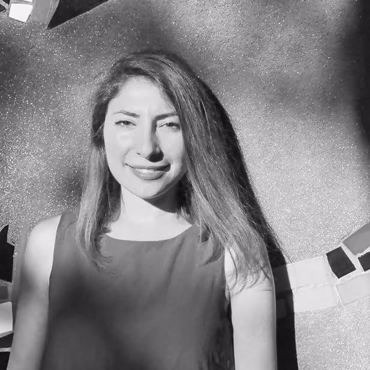
Nour is an architect and urban researcher specialized in social justice, informality, spatial changes during conflicts. She is a DAAD Alumna. She holds a Diploma degree in Architecture from Damascus University and a Master of Science degree in Urban Design from TU-Berlin. Nour has worked as a senior architect in Germany for 6 years working on innovative new approaches and housing projects. Previously she worked at Damascus University as a research and teaching assistant.
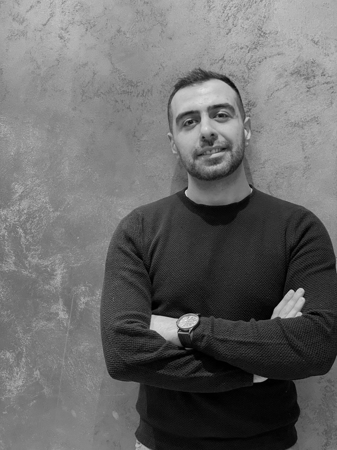
Edwar is an architect and urban practitioner specialized in political architecture, urban development, post-conflict recovery, and community empowerment. He is a Chevening FCO Alumnus, he holds a Diploma degree in Architecture from Damascus University and a Master's degree in Urban Design and Development, University College London, UK. Edwar is the program manager of The Communications for Development C4D organization, a global community of professionals working in communication for development C4D, with members in 126 countries. Recently he is leading the delivery of a participatory peacebuilding toolkit in more than ten war-torn countries around the world.
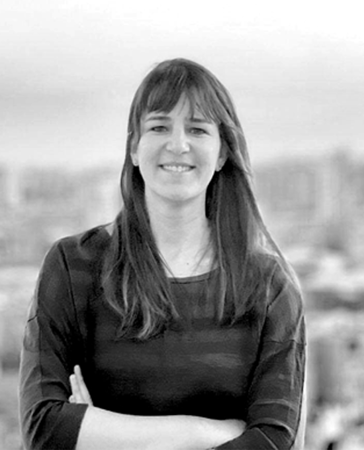
Maram is an urban practitioner with a multi-disciplinary background focused on participatory urban development and stakeholder dialogue in integrated settings. Maram is a DAAD alumna. She holds a Bachelor degree in Architecture from the University of Jordan and a double Master’s degree in Integrated Urbanism and Sustainable Design from the University of Stuttgart, Germany, and Ain Shams University, Egypt. Maram has been working for the past several years with multiple regional and international organizations, including GIZ and UNRWA, on field-based projects focused on grassroot camps urban improvement, improvement of green infrastructures in host communities, and community-driven planning through co-design and inclusive strategies. She has been regularly assigned key roles in managing participatory platforms between community segments, private sector, technical consultants, non-governmental and governmental bodies, as well as steering components and networks.
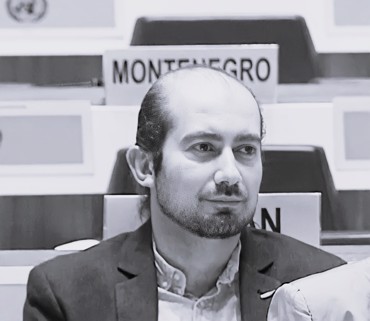
With an MA in IR and Global Affairs, Majid has worked at MiCT (Media in Cooperation and Transition) as an editor, SM advisor, and Team coordinator. Later, he worked as a “Project Intern” with IOM - UN Migration assisting in two projects; Resettlement, and Migrant Entrepreneurship. In his latest job, Majid worked at VDSH e.V. as a project coordinator for the project (Networking / Knowledge Transfer for Syrian Civil Society actors in Europe), which aims to foster peer-2-peer learning and cooperation between Syrian CS NGOs and networks in EU and Syria.
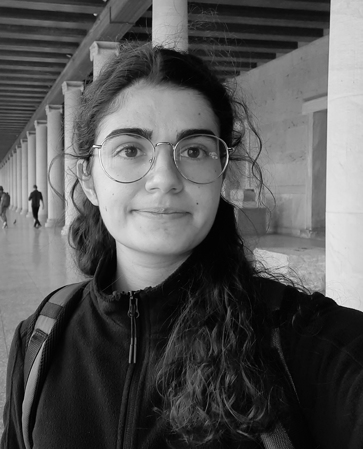
Talah is an architect with academic research experience. She holds a bachelor’s degree in architecture from the University of Damascus and a master’s degree in “Architecture, Landscape, and Archaeology”; an integrated Erasmus+ program jointly offered by the University of Sapienza and Federico II University, Italy; the National Technical University of Athens, Greece; and Coimbra University, Portugal. She has previously worked in architecture and graphic design in Damascus but was mainly driven by cultural heritage and sustainable development. She has conducted and been part of several research projects concerning urban and cultural topics.
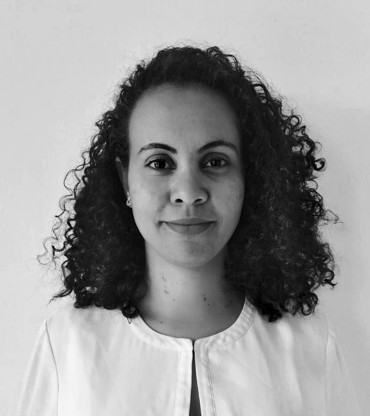
Hiba is an urban and humanitarian practitioner. She holds a Bachelor’s degree in Architecture from the Sudan University of Science and Technology and a Master’s in International Cooperation in Urban Development from Technical University Darmstadt. Her expertise lies in working with international organizations, particularly in Sudan, where she worked on projects that improve the living conditions of refugees and host communities. Additionally, she has worked in consultancy offices that provide project management and research services in humanitarian contexts within the MENA region.
.jpg)
Our Work & Scope
Syrbanism’s work focuses on critical urban challenges in Syria through research, advocacy, policy analysis, networking, and capacity building.
We address these challenges through six thematic areas: Urban Rights & Right to the City – Advocating for just urban policies & legal frameworks. Housing, Land & Property Rights & Early Recovery – Ensuring fair access to land & rebuilding strategies. Climate Justice – Developing sustainable & just solutions to climate challenges. Migration & Cities – Exploring how migration shapes urban policies. Human-Centered Cities – Designing cities that prioritize people’s well-being & participation. Informality – Understanding & addressing informal urban growth.